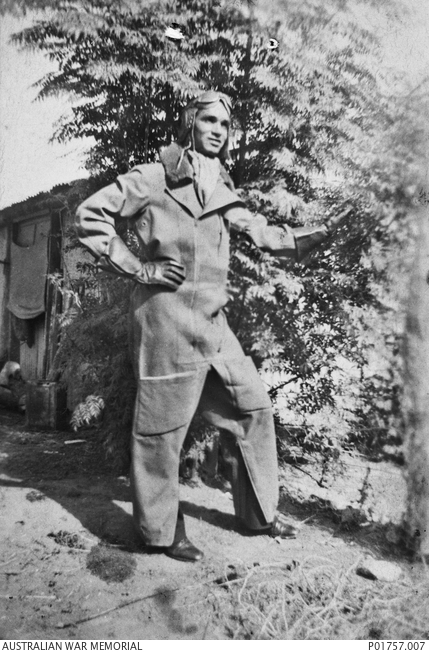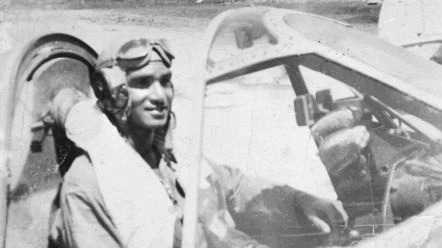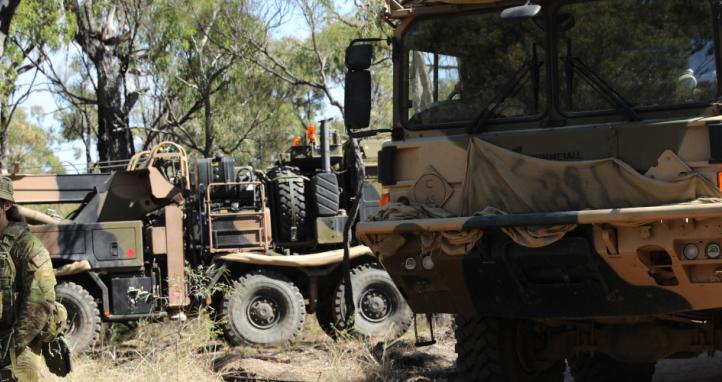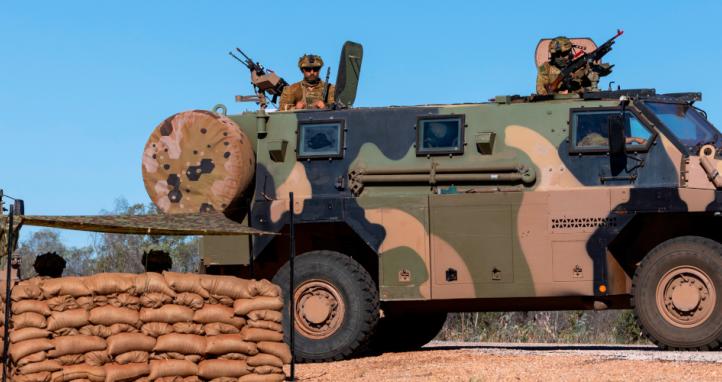WARNING: Aboriginal and Torres Strait Islander people should be aware that this article may contain images, voices and names of deceased persons.

Warrant Officer Leonard 'Len' Waters was born on the Euraba Aboriginal Reserve, Kamilaroi Country in 1924. He was interested in flight from a young age and spent much of his childhood reading flying magazines. He was a fan of Australian and British flight pioneers Charles Kingsford Smith, Bert Hinkler, and Amy Johnson who all inspired him to pursue a career in aviation.
Len left school at age 14 and commenced work with his father building fences and ringbarking trees which was the preferred method for clearing trees at the time. Economic times were tough and although Len was seen as a bright young man with much potential, it was vital he support his family by earning a wage. He later took up shearing before joining the Royal Australian Air Force (RAAF) in 1942. His brother Jim joined the Australian Imperial Force at the same time. Japan’s entry into the war forced the Australian Government to begin adjusting their highly restrictive enlistment requirements which limited entry into the military forces to only those of European descent.
Len initially trained as an aircraft mechanic, but his fascination with aircraft would lead him to become the first Aboriginal fighter pilot after completing the pilot’s course between 1943 and 1944. He finished fourth in his course of forty-eight, a testament to his aptitude, intelligence, dedication, and hard work.
Len flew ninety-five missions over various theatres across nine months of active service. He flew a Kittyhawk that had been named ‘Black Magic’ by the previous pilot. Len kept the name, noting the amusing coincidence.
His closest call was when his aircraft was hit by a Japanese cannon shell which luckily did not explode. He landed the aircraft safely and later quipped that it was the smoothest landing he had ever made.

After the war, Len discharged from the RAAF as a warrant officer in 1946. He aspired to start his own regional airline, just as his idol Charles Kingsford Smith had in 1929. He was unable to secure financing to do so and returned to shearing. Len died in an accident on 24 August 1993, aged 69.
Len remains a voice for generations to this day, with streets named after him in Ngunnawal; Canberra; and Wacol, Brisbane. There is also a Leonard Victor Waters Memorial Park at Boggabilla in Kamilaroi Country in New South Wales. He is an inspiration and broke many stereotypes with his achievements and continues to inspire to this day









